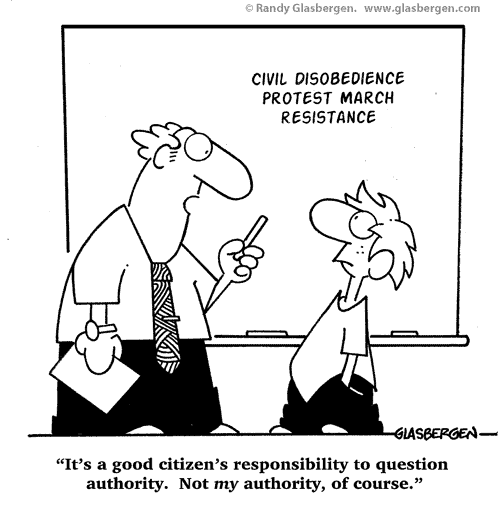Dear Aspiring Students,
Here is a list of things I feel you should keep in mind before taking admission into the University of Delhi (DU).
- ADMISSION PROCESS
The admission process for DU seems tiring, laborious, and everlasting. Trust me, it is. After carefully filling in the forms, wait and have the patience for the cut-offs to come out. Keep in mind your favorable course and calculate the Best of Four (BoF) percentage accordingly. Keep all your documents ready and extra photocopies as well. Upload all essential documents on your Email ID’s and Google Drive for it to be easily accessible in case you forget something. Keep extra passport size photos and Aadhar-card copies of your parents and yourself. Read the UG Bulletin of information available on the website and check if you are applicable for any of the quotas. Keep dates in check (I had marked my calendars), stay in touch with your friends and peers, help each other and support each other.
(Read the DU UG Bulletin 2019-20 here: Click)
- EXPLORE
Going for admission procedure to colleges once the cut-offs come out takes time. It might take you a whole day, in the Dilli ki Garmi to get your admission done, and you might have to do this more than once, after subsequent cut-offs come out and you upgrade to different courses and colleges (I did it thrice). You might get tired, but don’t sit in one corner waiting, scared and anxious. The college you go and visit will most probably end up being your home for the next three years. So, explore the canteens, the gardens, the classrooms, the staircases, the markets nearby, the metro stations and bus stands. Familiarise yourself with the environment. It helps in the long run. Take a good company with you, take friends and family, take loads of food and make a picnic out of your admission visit. Make it as fun as you can, as it will be your first experience of being inside the college you will call your own for the next three years.
- COURSE VS COLLEGE
Many of us don’t score high enough to get our favourite courses and colleges. So, once the cut-off comes out, it becomes a hysterical decision, to chose which course to pursue, and from which college. It will end up in a series of heated discussions between you, your family members, and your well-wishers, and constant visits to websites like collegedunia to read about the ‘scope’ of different courses. Your father will suggest one course, your mother will suggest another college, while you will be at the center of this dilemma, choosing your career just after finishing off with boards (I felt like taking a year-long vacation to decide my college). But in the midst of all this, keep in mind that while making this choice, you might end up losing your preferred course or college or even both, but in the end it won’t matter because once in college, you can helm the journey of your college years to follow the awaited dream you had. You can take your preferred course as an elective and earn a minor degree and participate in different colleges all over the DU circuit to make friends in your favourite college. Although, this decision should be taken with the utmost care, but in the end, you will never regret giving up on one particular thing, because the college life will reward you with so many others that you will be filled up to the brim with happiness and satisfaction.
- LIFE AT DU
The life at the University is not what you might be envisioning right now, it is not all fun and games, but it is so much more. It is exposure and experience, new friends and families, perspectives and politics, fests and euphoria, academics and attendance, and crowds and metro. It is the flavour of chai that burns at your tongue, and sleepless nights you pull off to finish that one academic paper. It is commuting in an empty metro early in the morning to reach your college on time for an extra class, for it to get cancelled. It is crying, curled up in your bed missing your families, small events and birthday celebrations back home. It is managing the month end with minimal finances asking for udhaar because you are broke. It is also listening to your favourite songs non-stop in the long metro rides, reading your favourite authors or academic papers, it is also celebrating the small festivals you miss back home with your newfound family at college, it is also the breath of relief when you see your parents face to face on a skype call and it is also filling your tummy up with freshly-made Maggi on days you don’t like the PG food. It is a rollercoaster of freshness and it is going to be a beautiful journey!
All the best, students! Make a good choice without any regrets, and enjoy this time to the fullest, you will surely miss it once it is over.
Regards,
Sakshi Arora
Feature Image Credits: Saubhagya Saxena for DU Beat
Sakshi Arora






